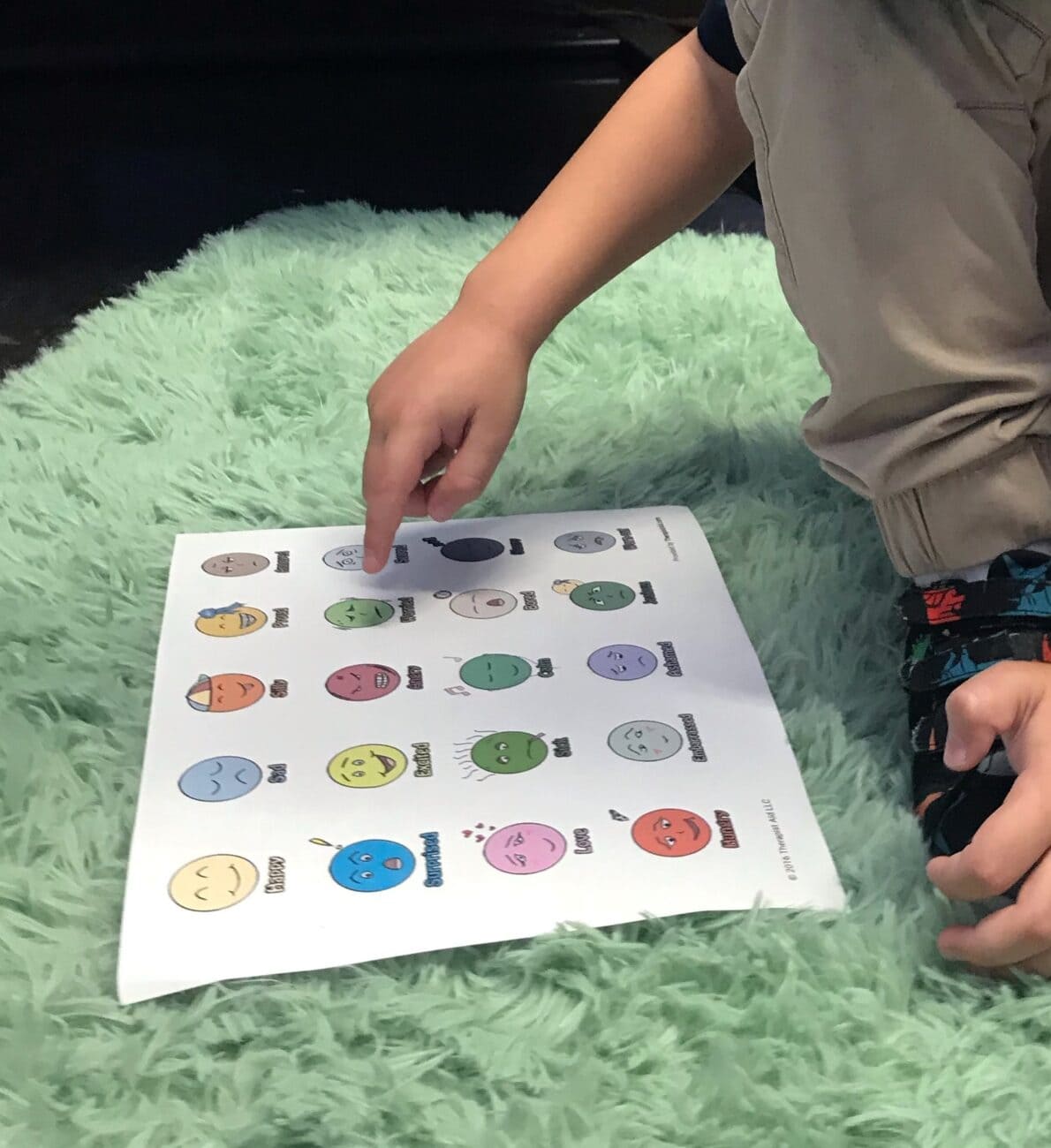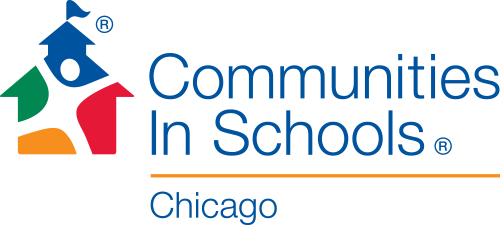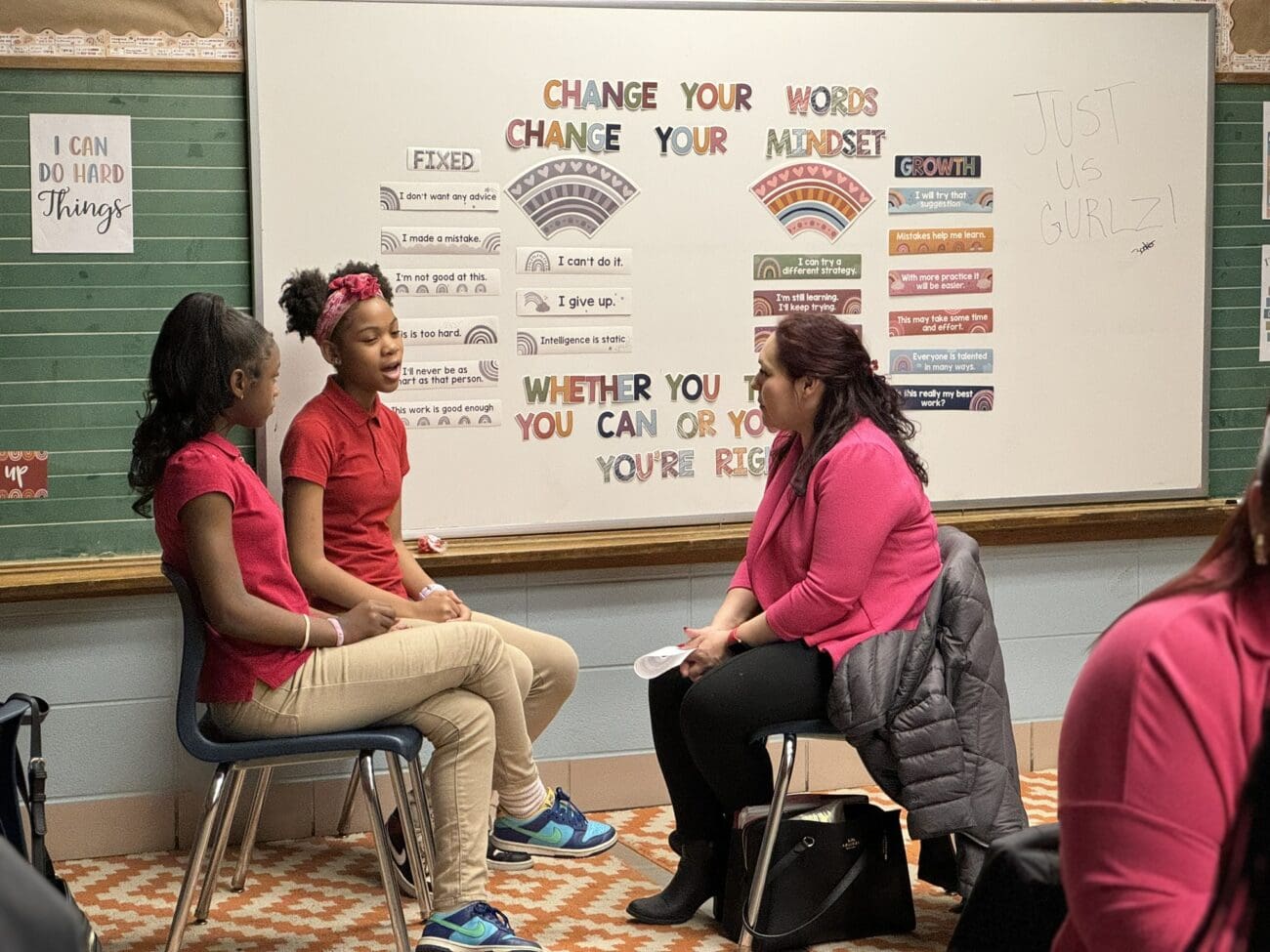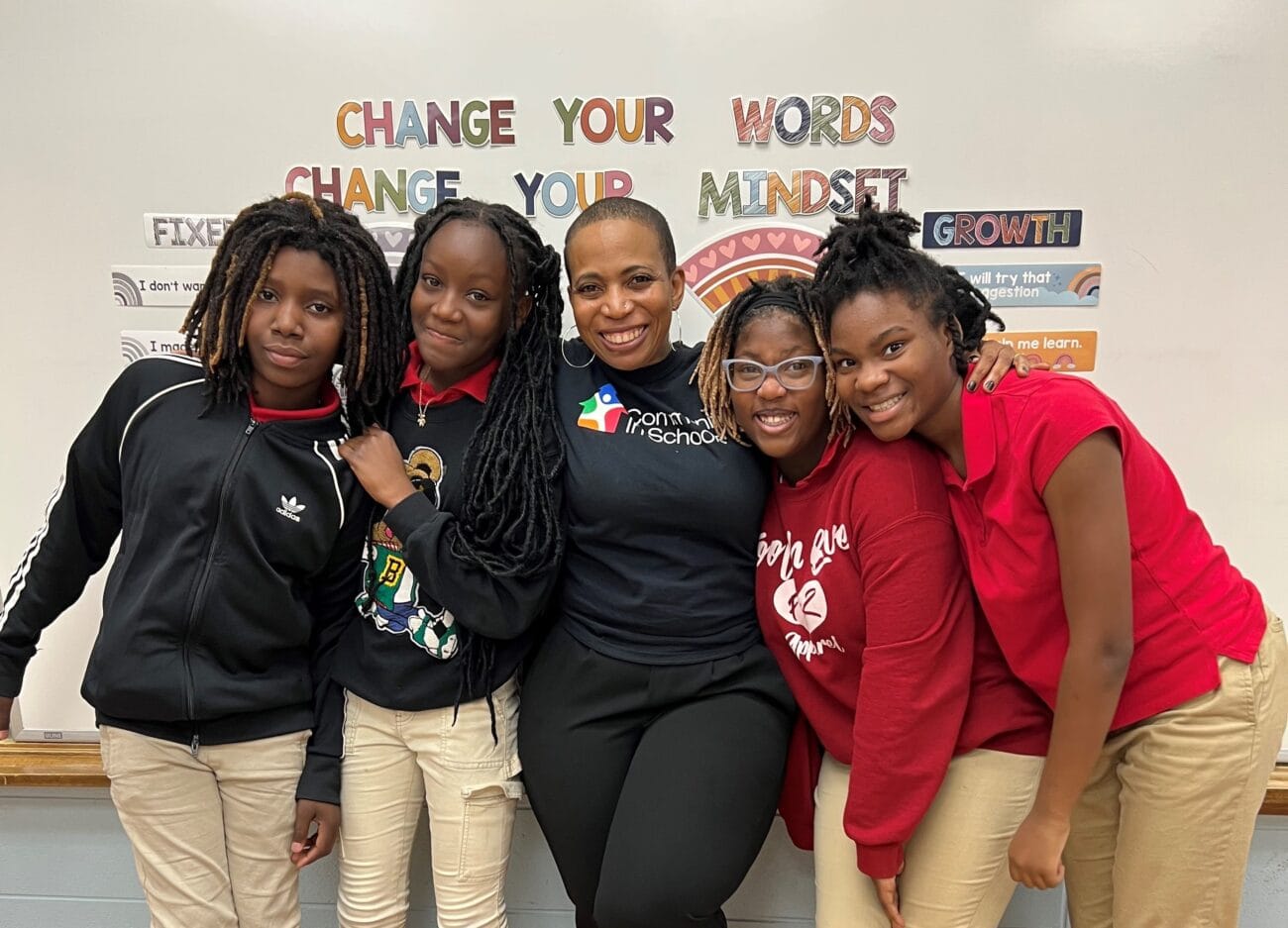For Chicago students and teachers alike, this school year feels more like a return to pre-pandemic life. The hallmarks of the school experience – classroom learning, extra-curriculars, athletics, field trips, and celebrations – are back in full swing.
Despite more optimism in the school building, lingering effects from the COVID-19 pandemic remain. Researchers are still parsing new data from the NWEA that suggests learning loss across grade levels. The New York Times recently delved deeper into the data, reporting that students “who had the least ground to lose lost the most.”
A less-reported effect – but perhaps just as salient – is the social-emotional toll the pandemic took on students, especially those in the early grades. These students spent their early childhood years without the social experience that school provides, and even this fall, many are continuing to need support as they adjust to the classroom.
CIS of Chicago Student Supports Managers across the city are partnering with teachers in the early grades to understand the challenges the young students are facing, and they’re working in creative ways to provide support that addresses students’ social, emotional, and behavioral needs so that they can acclimate more easily to the school setting.
A student who was a kindergartener in 2019-20, for example, is in third grade this year and spent roughly half of the last three years in remote learning. Without experiencing critical socialization in kindergarten and first grade, some students are still learning how to interact with their peers and with their teacher, away from the comforts of home.
Lucia’s Story
One third grader at a school on the Southwest Side, Lucia, struggled with coming back to school when remote learning ended. Last year, her attendance was sporadic. This year, her attendance has again been a challenge. Over the course of three weeks this fall, Lucia came to school for three days. Lucia told her mom that she feels sad and that she’s worried about how her friends see her.
Then, Lucia connected with Liz, the CIS Student Supports Manager based at her school. Liz meets weekly with Lucia and talks to her about her worries and fears. She shows Lucia that school can be a positive environment where she is encouraged and supported. “Your teacher loves you; school loves you; and I want you here,” Liz tells Lucia.
With these affirmations – and some incentives (as simple as providing Lucia with her favorite snack) – Liz has seen improvement in Lucia’s attendance. Liz has also connected Lucia with counseling resources outside of school through CIS’ extensive partner network that are addressing the feelings of sadness Lucia shared early in the year.
Liz’s support has helped Lucia boost her self-esteem and realize the value in coming to school. Liz reminds Lucia that third grade is an important year. By showing up, joining the community, and participating in her class, Lucia is working toward her larger goal of academic success, Liz said.

Stephen’s Story
At a CIS partner school on the Northwest Side, CIS Student Supports Manager Sophia is supporting students as early as preschool with their social and emotional skills. Sophia heard from a teacher that one preschool student, Stephen, was having difficulty relating to his peers.
His academic abilities well exceeded those of his peers – Stephen reads at a third-grade level – but he’d act out when feeling overstimulated and often had trouble communicating how he was feeling. Sophia started meeting with Stephen individually to help him identify his emotions.
For preschoolers, CIS’ support is tailored to their developmental stage. Student Supports Managers do play therapy, make faces tied to different emotions, and perform mood checks to help students understand a person’s range of emotions. They also read stories and talk about how the children in the books feel or react.
With Sophia’s support, Stephen has grown in his ability to connect with his peers and in how he communicates his feelings. He even tells his teacher when he needs to take a break.
Our team members at CIS of Chicago understand that when students’ social and emotional needs are met, they are better able to learn, develop, and stay on the path to success in school and in life. In partnership with teachers and school staff, Student Supports Managers are meeting students where they’re at, providing resources tailored for students’ holistic growth and development.




